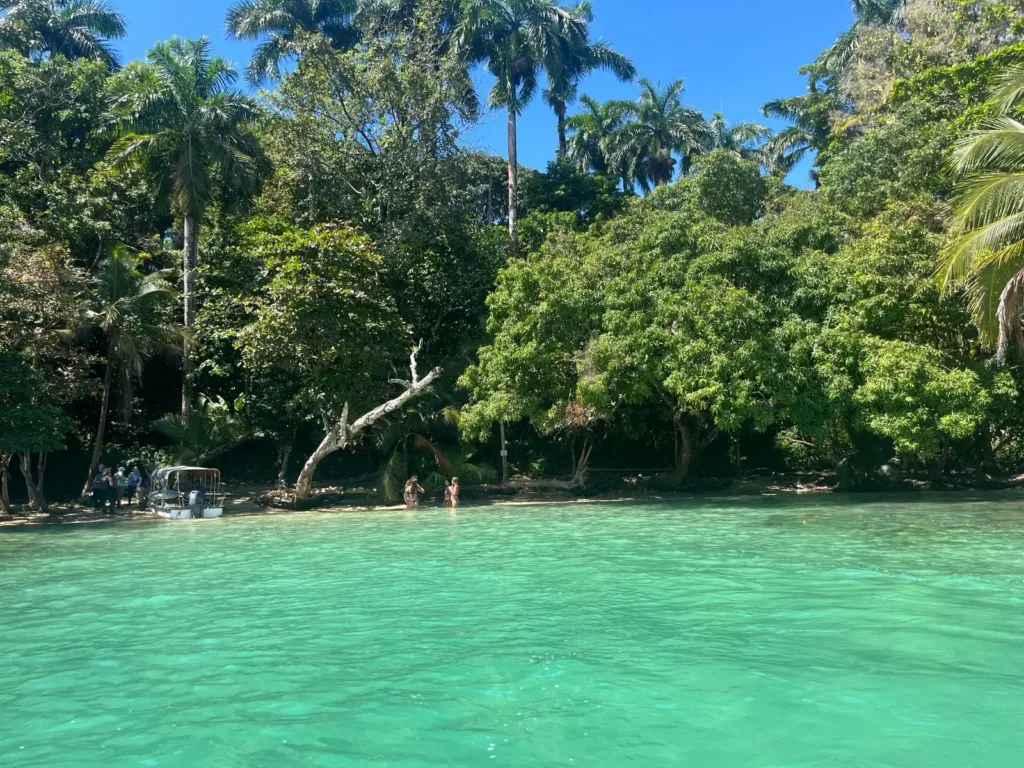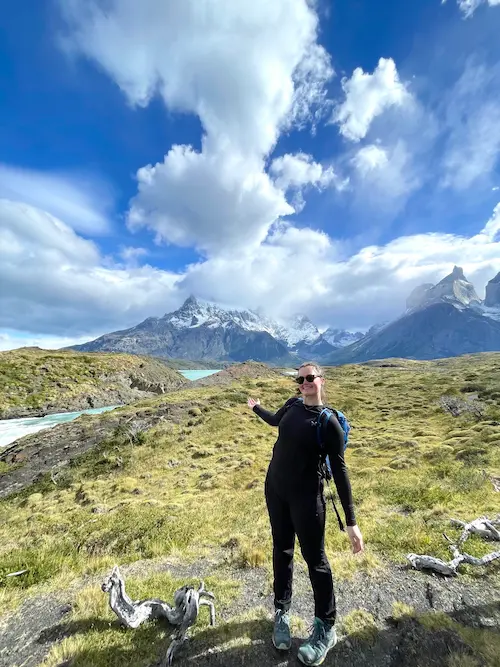Green Chilies and Red Rice
I eat the same breakfast everyday: a large heaping of rice with a small dollop of chilies. The proportion is intentional and essential. Without the chilies the rice would be bland, boring, and too repetitive for me to enjoy each morning. But without the rice I would have barely anything on my plate; I would be underfed, irritable, and deprived of the nutrients necessary to sustain me. Too many chilies or not enough rice would overwhelm my mouth; I would have to stop eating and feel hungry until the next meal. It is in the precise interplay between the flavors, sensations, and substance that provides me with a healthy and enjoyable breakfast each morning.
This is also how I experience studying environmental change and sustainable development as a college student in Bhutan.
A number of times the proportion of my feelings is off, I am overcome with visceral reactions to my interactions with peers, professors, locals, and the land. Some days I wake up agitated and bothered or bored by conversations that normally interest me. Others I am saturated with exhilaration and intense curiosity that lead me to develop profound insights into the people and processes going on around me. However if either of these experiences were to dominate I would become either uncomfortable, lethargic, or unappreciative. An excess of familiar moments would make my experience in Bhutan meaningless but the overwhelming presence of spicy ones would inundate me with too much excitement to fully digest.
The most awe-inspiring moments studying abroad (in both positive and negative ways) have confronted me with the ideas of my impact as a white foreigner studying in a developing country, the contradictions of Bhutan’s claims to “carbon negativity” and rejection of killing animals, the impact of modernization on the role of rural women, the influence of spirituality in conservation, and the highly progressive system of measuring Gross National Happiness in addition to Gross Domestic Product. It doesn’t take much to get me fired up about topics within these realms and I knew this would happen. Drawing connections between social and environmental issues propels me forward in so many ways.
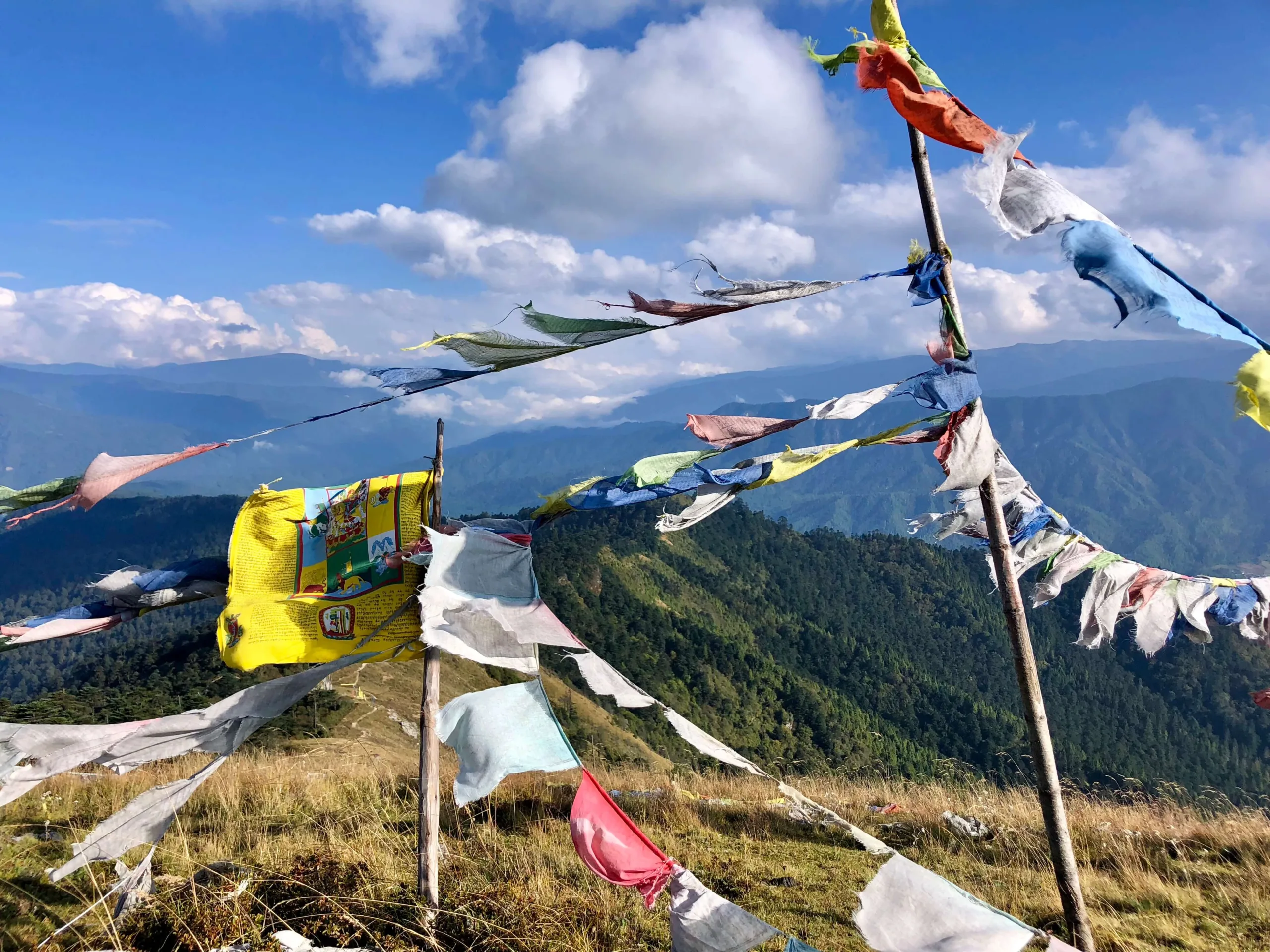
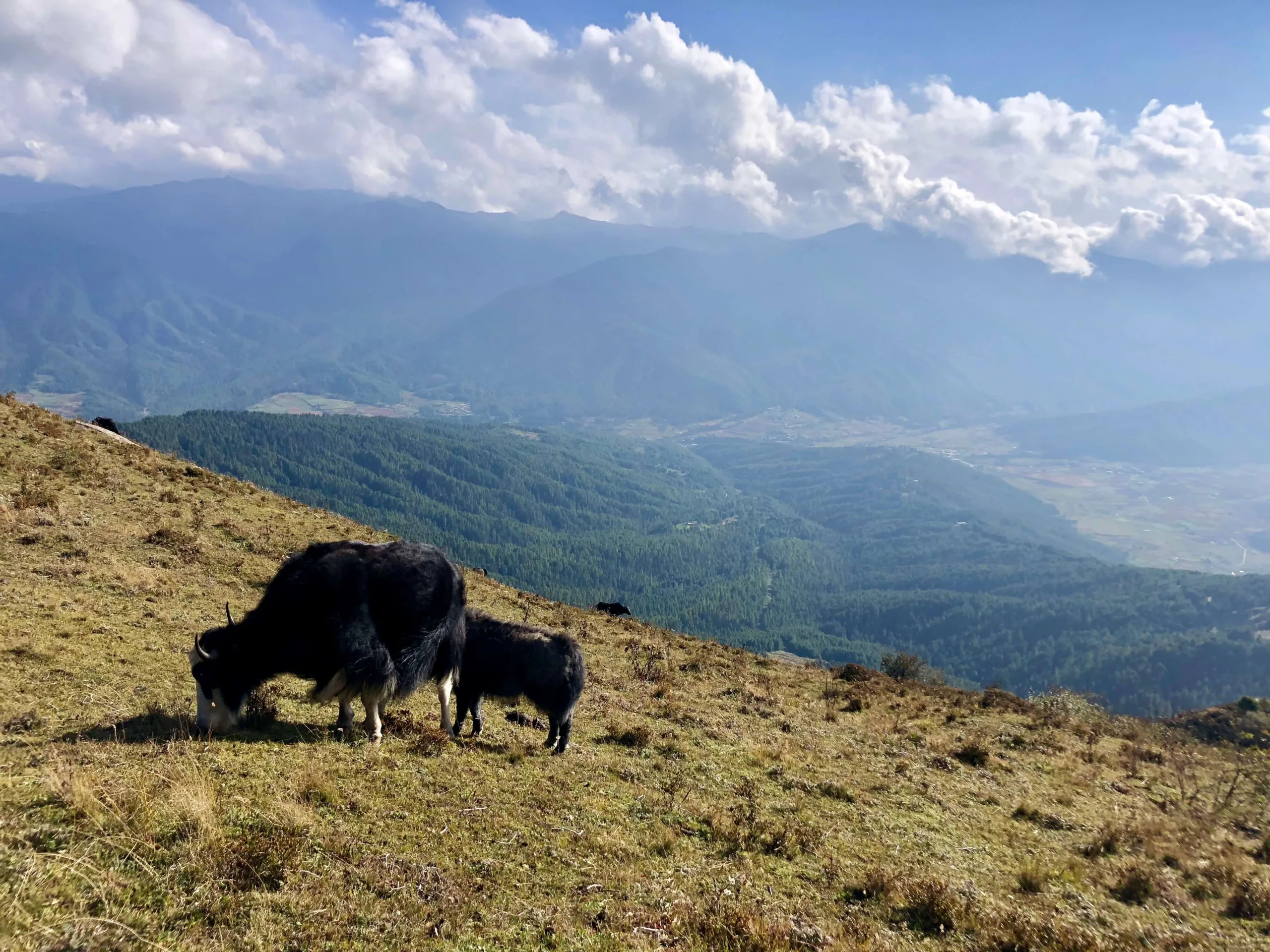
I came here anticipating every moment to challenge me emotionally and physically. I looked forward to pushing myself to the edge of my comfort zone by spending three months in a foreign culture. But this hasn’t totally been the case, and that’s okay. The comfort provided by living within a still predominantly Western community is important for making sense of the new environment that I have stepped into.
In Bhutan I have been surprised to find more time than ever to partake in simple hobbies from home: daily runs, books I never have the time to read, denim embroidery, and long bus rides with my headphones in. At first I did not welcome the adjustment to this lifestyle. I came all the way to Bhutan to learn about some of the most unique environmental policies in the world; I wanted to absorb everything all at once. The fast pace was one of my favorite aspects of my college routine. But in slowing down and embracing the peaceful parts of the experience I have learned to examine the culture and society more thoughtfully and holistically. Having this additional time to meditate and reflect not only enables me to reconsider my values and behaviors at home, but it also gives me the confidence going into our month long research to speak with Bhutanese citizens and government officials calmly and with greater sensitivity. As a person who is often hit with crushing anxiety about the future of our planet, this was an opportunity I needed.
I think most college students who study abroad do so for similar, cliched reasons: to encounter new cultures, participate in unfamiliar activities and traditions, escape the bubble of our own upbringings yada yada yada. To people with as much privilege as I experience, “traveling in our twenties” seems to be a fundamental aspect of maturing and living our lives to the fullest. The depiction of adventure that I was exposed to prior to college left me with the expectation that every single moment abroad would present me with some mind blowing revelation or life altering shift in my perception of both the world and my place in it. In Bhutan I learned that this reality is both absent and unnecessary. Here I have learned how to balance the stimulating and provocative moments that keep life interesting and the simple and ordinary ones that keep me going. I came here for the chilies but will leave with a greater appreciation for the rice.
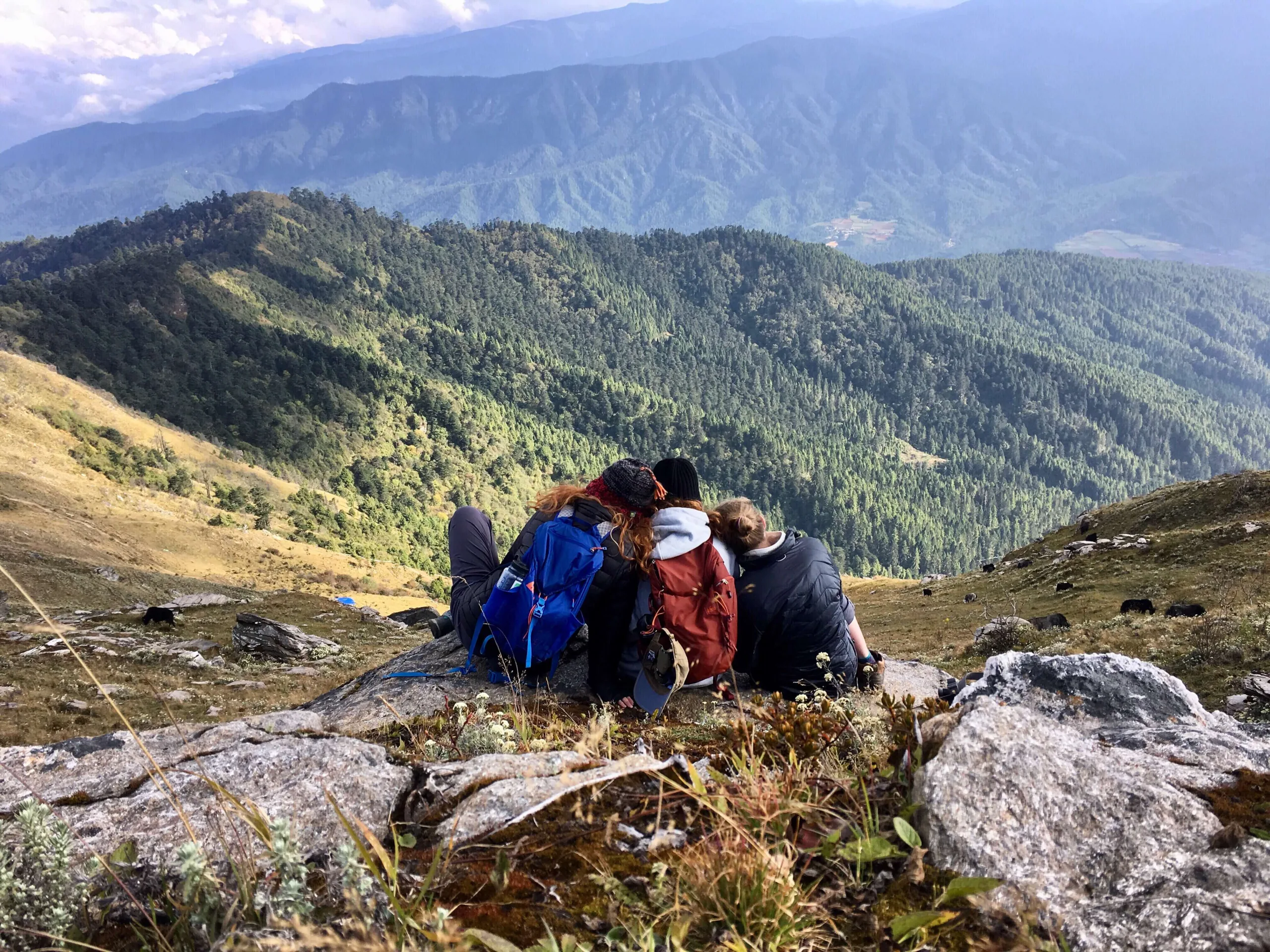
Related Posts

